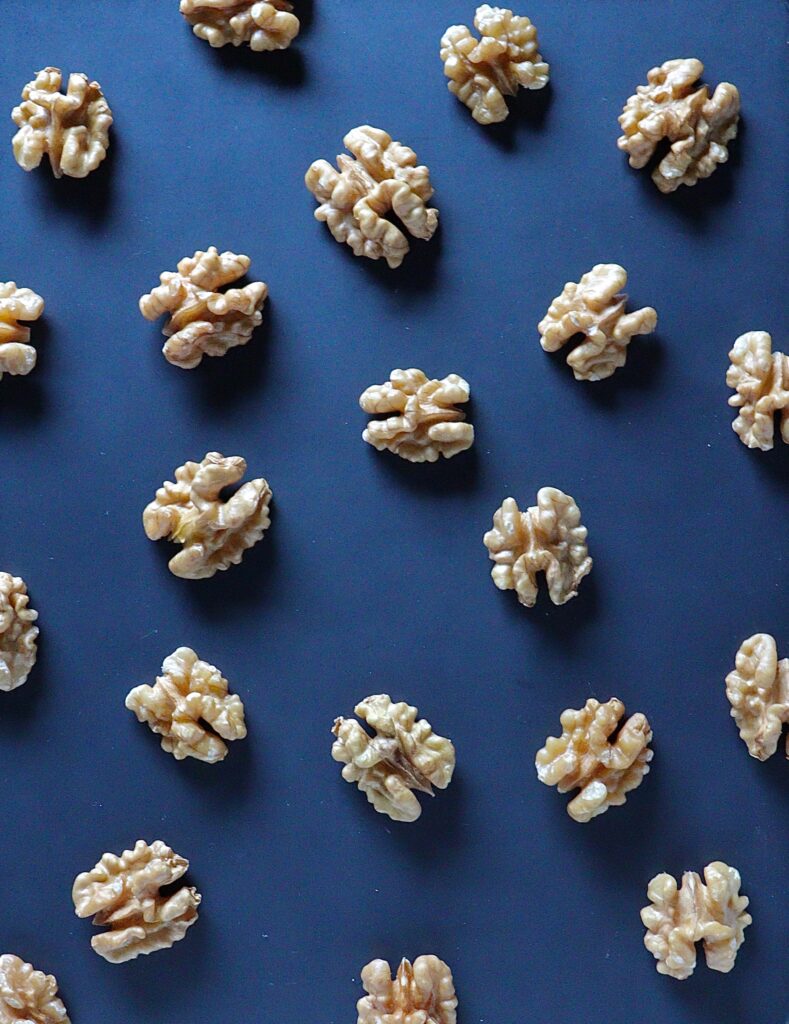Food sustains us while the right kind of food also promotes a healthy body and a healthy mind. Our eating habits are culturally bound, but are subjected to vary from person to person. Much like other habits, eating habits are also formed as a result of repetition of behavior that eventually turns into learned behavior. This is why changing your eating habits and sticking to a healthy diet may be difficult initially.
The good news: All habits can be changed or altered.
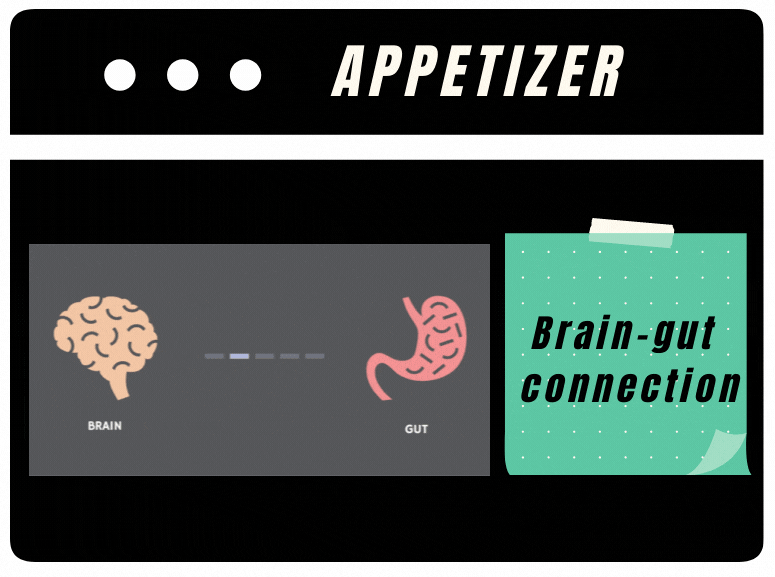
What is the brain-gut connection?
The gut is considered the second brain of the human body and it deserves to be called so. Why?The brain and the gut share a connection termed the gut-brain axis that plays the vital role of communication within the body. The two are connected by a nerve namely the vagus nerve which relays signals in both directions. A classic example of this connection is a stomach ache when you are stressed. The vagus nerve scans the stimuli in the environment to detect cues of danger so as to prepare the body to maintain a sense of calm and regulation. This is an involuntary process and results in the behaviour that we overtly express. The food we consume impacts our gut health. This is why unhealthy eating habits are a strict no-no! Foods that do not meet the nutritional requirements of the body, withhold the gut from functioning efficiently and this in turn affects our emotions and the way we express them.
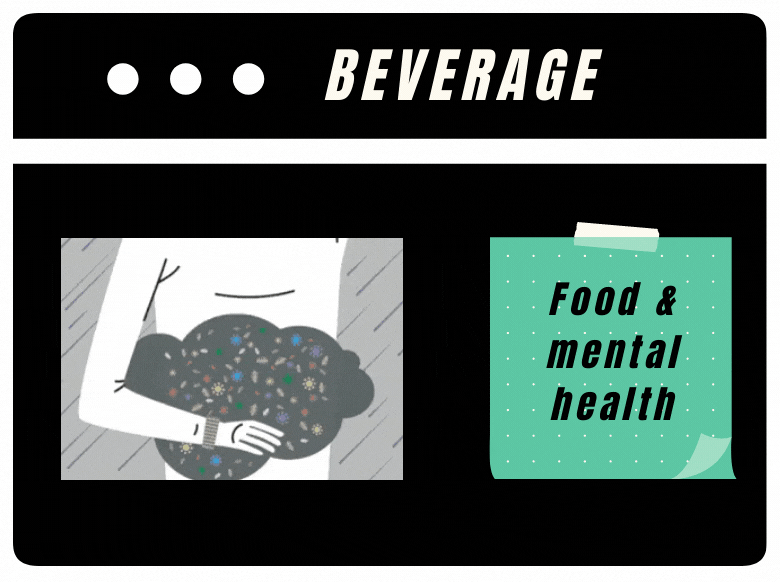
How does what you eat affect your mental health?
Poor mental health and unhealthy eating habits go hand in hand. A study suggested that individuals who showed symptoms of mental illnesses were less likely to consume foods that were beneficial to their bodies and thereby their minds. Symptoms of depression and anxiety were observed to be the most common mental health impacts of poor diet plans. Although this area of study is ongoing and yet to establish facts, as per current studies, those who consumed diets that were packed with vegetables, fruits, legumes and whole grains as opposed to larger quantities of sugary and processed foods had fewer symptoms of depression. Similarly, diets that included consumables of higher levels of saturated fats and added sugar contributed to increased anxiety in individuals.
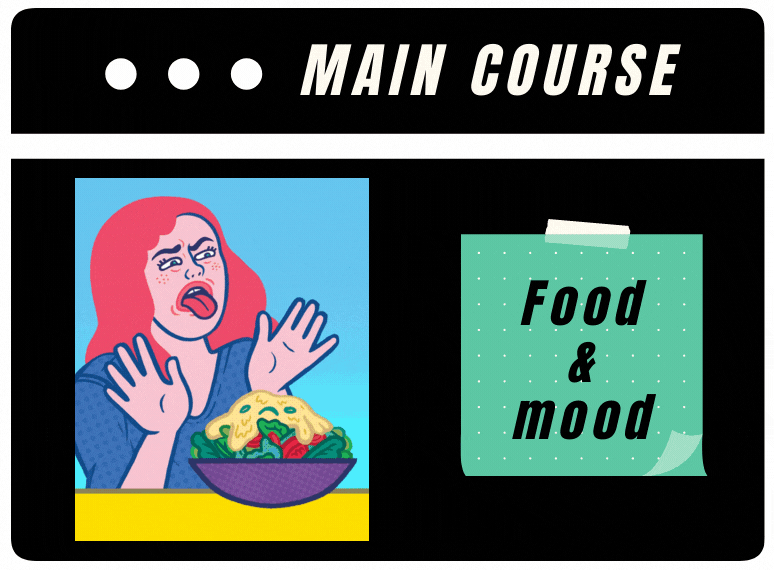
Does what you eat affect your mood?
Have you noticed yourself skip meals when you’re stressed or eat a large serving of icecream to fight the blues? This is how your mood affects your food intake and vice versa. According to a study, different food choices played a role in either boosting moods or weakening them. Nutritious foods like vegetables, fruits, nuts and lean meat were seen to enhance moods steadily and consistently, while junk food and other foods packed with carbohydrates also had immediate pleasurable outcomes in the form of alleviated moods, but did not last. People who are likely to seek comfort from food during stressful circumstances are likely to continue consuming junk food which is damaging in the long run.
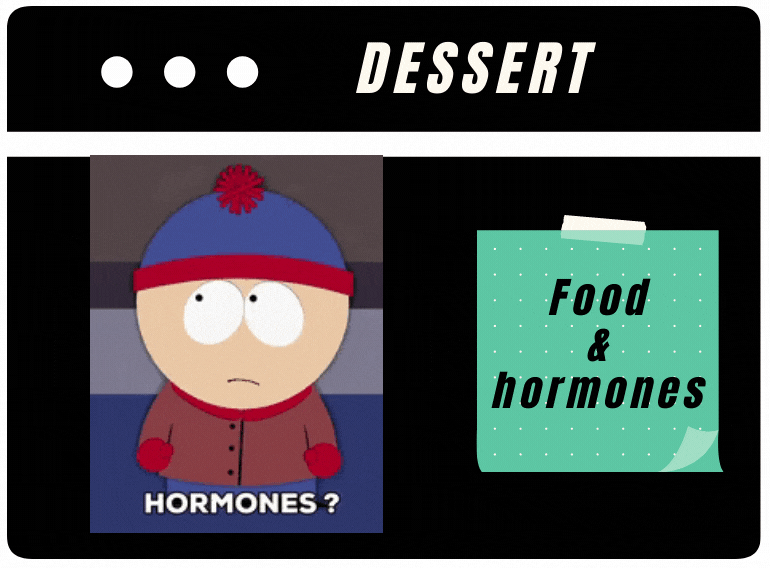
How does the food we eat impact hormone production?
Serotonin is the hormone that regulates moods and maintains a sense of calm in the body among its other functions. Most of this hormone is produced by the bacteria in the gut. This is another importance of maintaining good gut health. When following unhealthy eating habits, the good bacteria in the gut are compromised, thereby reducing the serotonin being produced. This explains the above mentioned changes in symptoms of depression and anxiety with varying diets.

A message to your body
Our bodies are subjected to judgements almost every day either by ourselves or by those around us and it is not surprising that we fall prey to these comments and try to make changes to fit into the “ideal” but impractical body that is societally prescribed. For example, during the Victorian England era, bodies that were plump were ideal bodies. Today, a flat stomach and a thigh gap are some of the components of an ideal body. Truth is that we are all unique in our bodies and to keep up with these trends is to treat your body like fast fashion.
You and your body deserve better!
Engaging in fad diets is one of the most common routes taken and a study proved that these diets did not make much of a difference and people preferred to engage in healthy lifestyles for prolonged changes and enhanced health.
5 simple reminders to maintain a healthy diet:
- Set definite times for meals through the day
- Eat a balanced meal by including all kinds of foods
- Consume less refined sugars and packaged consumables
- Drink plenty of fluids
- And lastly, eat your greens, kid!
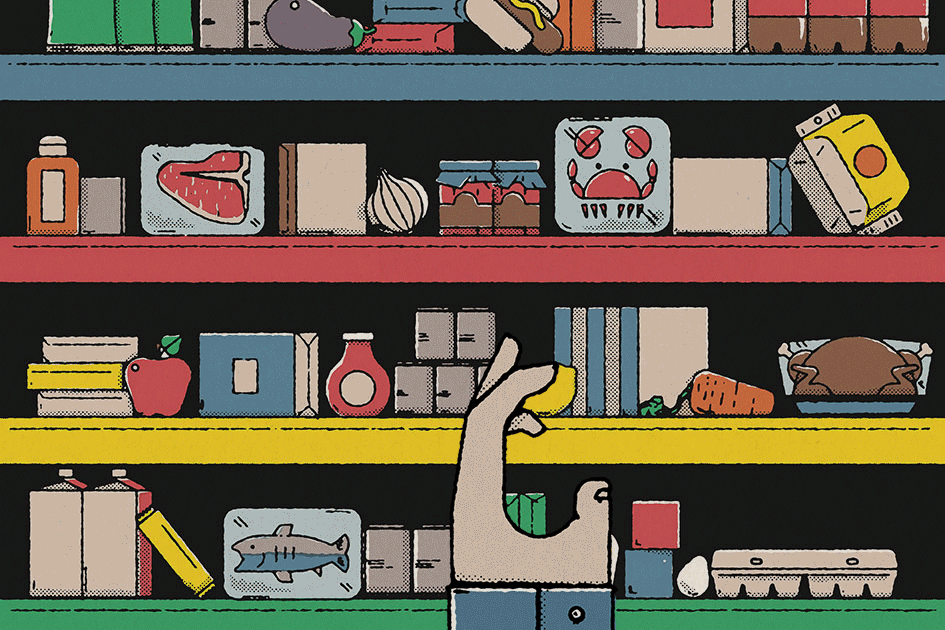
Mood-boosting foods to add to your grocery list:
- Dark chocolate
- Fermented foods like yogurt
- Bananas
- Oats
- Berries
- Nuts and seed
- Coffee
- Beans and lentil
- Green leafy vegetables
On an endnote, the food we consume impacts our mental health largely. Maintaining a healthy diet is beneficial although it is not a replacement for professional support when dealing with mental health concerns.
You are what you eat and to an extent, so is your mind!


